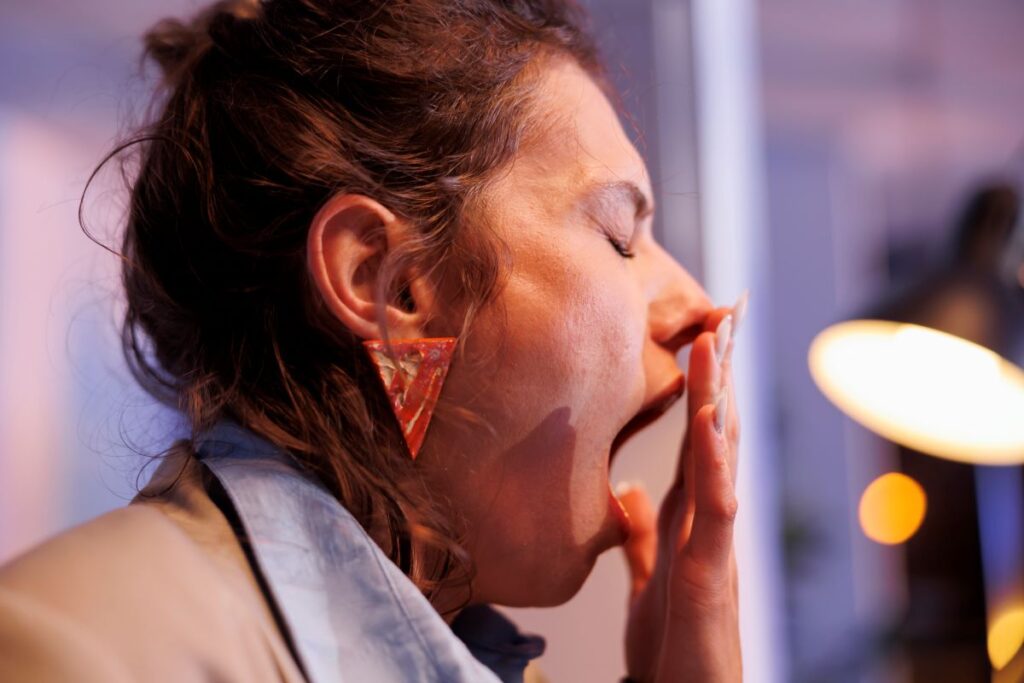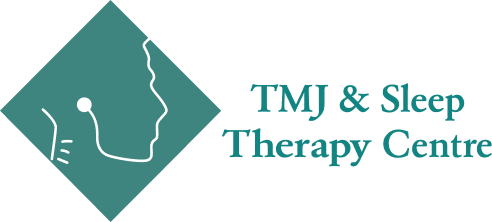The Truth About Mouth Breathing: How It Affects Adults and Children
If you or your child frequently wake up feeling tired, have a dry throat, or experience jaw soreness, mouth breathing could be the hidden cause. Mouth breathing isn’t a harmless habit—it significantly impacts overall health and can lead to developmental issues, especially in children. At our practice, we help patients in Fort Wayne and Granger uncover and treat symptoms they may have experienced for years, clearly connecting them to mouth breathing.

Is Mouth Breathing Affecting Your Child’s Development? Watch for These 7 Clues
1. Changes to Facial Appearance
Mouth breathing can alter facial structure and posture over time, sometimes called “mouth breather face.” This includes elongated facial shape, narrow jaws and dental misalignment.
2. Difficulty Concentrating or Behavioral Issues
Poor sleep quality from mouth breathing contributes to issues with attention, irritability, and behavioral challenges.
3. Enlarged Tonsils or Adenoids
Chronic mouth breathing often correlates with enlarged tonsils or adenoids, leading to further airway obstruction and ongoing breathing issues.
4. Crooked or Crowded Teeth
Mouth breathing affects jaw growth, causing crowded teeth, orthodontic complications, and misaligned bite patterns.
5. Frequent Dry Mouth, Bad Breath, or Frequent Illness
Breathing through the mouth dries oral tissues, leading to dry mouth, persistent bad breath, and increased susceptibility to infections.
6. Frequent or Recurrent Ear Infections
Chronic mouth breathing is often linked with recurrent ear infections due to improper airway drainage.
7. Dark Circles Under the Eyes
Persistent dark circles, sometimes called allergic shiners, can indicate poor sleep quality and inadequate oxygenation related to mouth breathing.
Common Mouth Breathing Symptoms in Adults
Physical Symptoms
- Dry Throat or Sore Throat (Especially Upon Waking): Overnight mouth breathing dries your airway, causing irritation.
- Frequent Sinus or Respiratory Issues: Increased risk of sinus infections, congestion, and respiratory problems.
- Snoring or Restless Sleep: Often linked with deeper airway problems like sleep apnea.
- Jaw Pain, Facial Tension, or TMJ Issues: Muscle strain from habitual mouth breathing can cause persistent jaw discomfort.
- Frequent Dental Problems: Increased risk of tooth decay, gum disease, and halitosis.
Cognitive/Emotional Symptoms
- Fatigue and Low Energy: Poor oxygenation results in daily fatigue and low energy levels.
- Brain Fog and Difficulty Focusing: Poor sleep quality impairs cognitive functions, affecting concentration and clarity.
What Causes Mouth Breathing?
Common underlying factors include:
- Allergies or chronic nasal congestion
- Enlarged tonsils or adenoids
- Jaw or tongue positioning issues
- Sleep-disordered breathing (e.g., sleep apnea)
Identifying these causes enables us to provide targeted, effective treatment plans.
Personalized Treatments for Adults and Children
Adults and children experiencing mouth breathing require distinct approaches because their treatment goals and modalities differ significantly.
- Children: Treatment often focuses on early intervention to correct developmental issues, ensuring proper facial growth, airway development, and preventing long-term complications.
- Adults: Treatment typically addresses existing symptoms, improving sleep quality, daily function, and overall health.
Our specialized team offers multiple tailored solutions, including:
Why It’s Important to Get Evaluated
Ignoring mouth breathing can increase the risk of long-term health issues such as respiratory problems, developmental delays in children, cardiovascular disease, and cognitive decline. Early evaluation and intervention significantly improve health outcomes and quality of life.
Comprehensive Diagnostic Evaluations
Our advanced diagnostic approach helps uncover the root causes of mouth breathing. We perform comprehensive airway assessments, myofunctional evaluations, and tongue tie examinations to identify specific needs accurately.
- Myofunctional Evaluations: Thorough assessments to identify issues with facial and airway muscle function, guiding targeted therapy to improve breathing habits.
- Airway Assessments: Thorough evaluations to pinpoint structural or functional airway issues.
- Tongue Tie Evaluations: Identifying and treating tongue-tie conditions impacting breathing and oral health.
